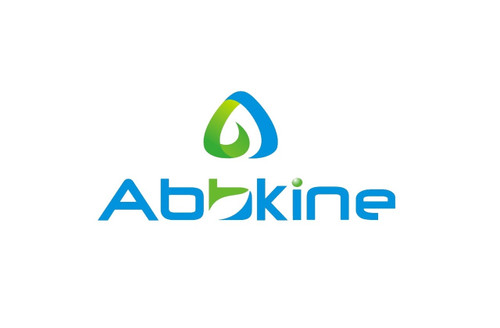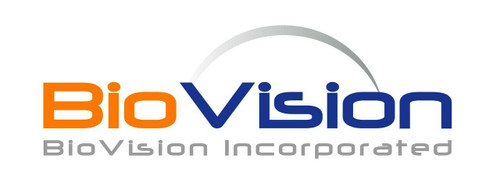Product Description
Human Protein SSX2 (SSX2) ELISA Kit | AE15371HU | Abebio
Species Reactivity: Human (Homo sapiens)
Abbreviation: SSX2
Alternative Name: RP11-552J9.2; CT5.2a; HD21; HOM-MEL-40; MGC119055; MGC15364; MGC3884; SSX; cancer/testis antigen family 5; member 2a|sarcoma; synovial; X-chromosome-related 2|synovial sarcoma; X breakpoint 2; isofo
Application: ELISA
Range: Request Information
Sensitivity: Request Information
Intra-Assay: ≤4.2%
Inter-Assay: ≤8.9%
Recovery: 0, 99
Sample Type: Serum, Plasma, Other biological fluids
Detection Method: Sandwich
Analysis Method : Quantitive
Test Principale: This assay employs a two-site sandwich ELISA to quantitate SSX2 in samples. An antibody specific for SSX2 has been pre-coated onto a microplate. Standards and samples are pipetted into the wells and anySSX2 present is bound by the immobilized antibody. After removing any unbound substances, a biotin-conjugated antibody specific for SSX2 is added to the wells. After washing, Streptavidin conjugated Horseradish Peroxidase (HRP) is added to the wells. Following a wash to remove any unbound avidin-enzyme reagent, a substrate solution is added to the wells and color develops in proportion to the amount of SSX2 bound in the initial step. The color development is stopped and the intensity of the color is measured.
Product Overview: SSX2 belongs to the family of highly homologous synovial sarcoma X (SSX) breakpoint proteins. These proteins may function as transcriptional repressors. They are also capable of eliciting spontaneously humoral and cellular immune responses in cancer patients, and are potentially useful targets in cancer vaccine-based immunotherapy. SSX1, SSX2 and SSX4 genes have been involved in the t (X;18) translocation characteristically found in all synovial sarcomas. This translocation results in the fusion of the synovial sarcoma translocation gene on chromosome 18 to one of the SSX genes on chromosome X. The encoded hybrid proteins are probably responsible for transforming activity. Two transcript variants encoding distinct isoforms have been identified for this gene.
Stability: The stability of ELISA kit is determined by the loss rate of activity. The loss rate of this kit is less than 5% within the expiration date under appropriate storage condition. The loss rate was determined by accelerated thermal degradation test. Keep the kit at 37°C for 4 and 7 days, and compare O.D.values of the kit kept at 37°C with that of at recommended temperature. (referring from China Biological Products Standard, which was calculated by the Arrhenius equation. For ELISA kit, 4 days storage at 37°C can be considered as 6 months at 2 - 8°C, which means 7 days at 37°C equaling 12 months at 2 - 8°C) .
 Euro
Euro
 USD
USD
 British Pound
British Pound
 NULL
NULL












